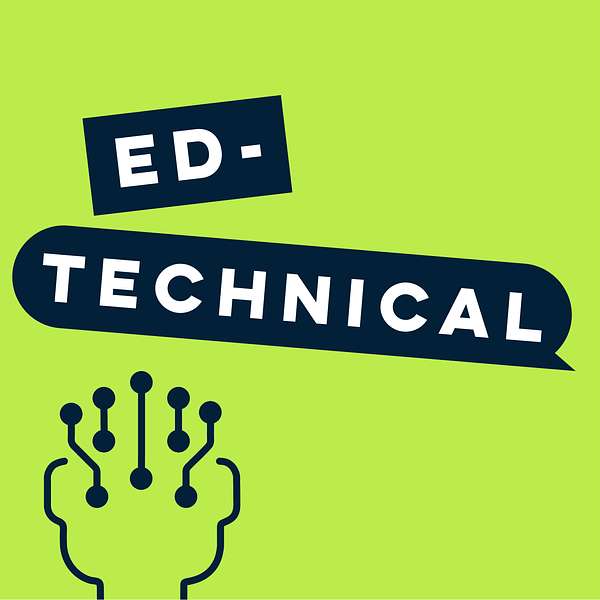
EdTechnical
Join two former teachers - Libby Hills from the Jacobs Foundation and AI researcher Owen Henkel - for the EdTechnical podcast series about AI in education. Each episode, Libby and Owen will ask experts to help educators sift the useful insights from the AI hype. They’ll be asking questions like - how does this actually help students and teachers? What do we actually know about this technology, and what’s just speculation? And (importantly!) when we say AI, what are we actually talking about?
EdTechnical
181 Papers Later: What We Know (and Don't) About GenAI in Schools
In this episode, Owen and Libby chat with Chris Agnew about Stanford's new generative AI hub for education. Chris leads this initiative within Stanford's SCALE program, which aims to be a trusted source for education system leaders on what works in AI and learning.
Chris walks us through their research repository of 181 papers examining AI's impact in K-12 education. He outlines their GenAI tools typology which breaks down AI applications into three categories: efficiency gains, improving student outcomes, and reimagining schooling. The conversation explores key research gaps, including how schools can productively engage with teachers' unions on AI adoption and understanding how students use AI tools for homework - the "elephant in the room" that keeps education leaders up at night.
Before joining Stanford, Chris worked in non-traditional learning environments from wilderness education to apprenticeship programs. He shares both aspirational and practical visions for AI in education over the next five years - though sadly, none involve Owen's hoped-for cyborg centaur tutors (yet).
Links:
Join us on social media:
- BOLD (@BOLD_insights), Libby Hills (@Libbylhhills) and Owen Henkel (@owen_henkel)
- Listen to all episodes of Ed-Technical here: https://bold.expert/ed-technical
- Subscribe to BOLD’s newsletter: https://bold.expert/newsletter
- Stay up to date with all the latest research on child development and learning: https://bold.expert
Credits: Sarah Myles for production support; Josie Hills for graphic design; Anabel Altenburg for content production.